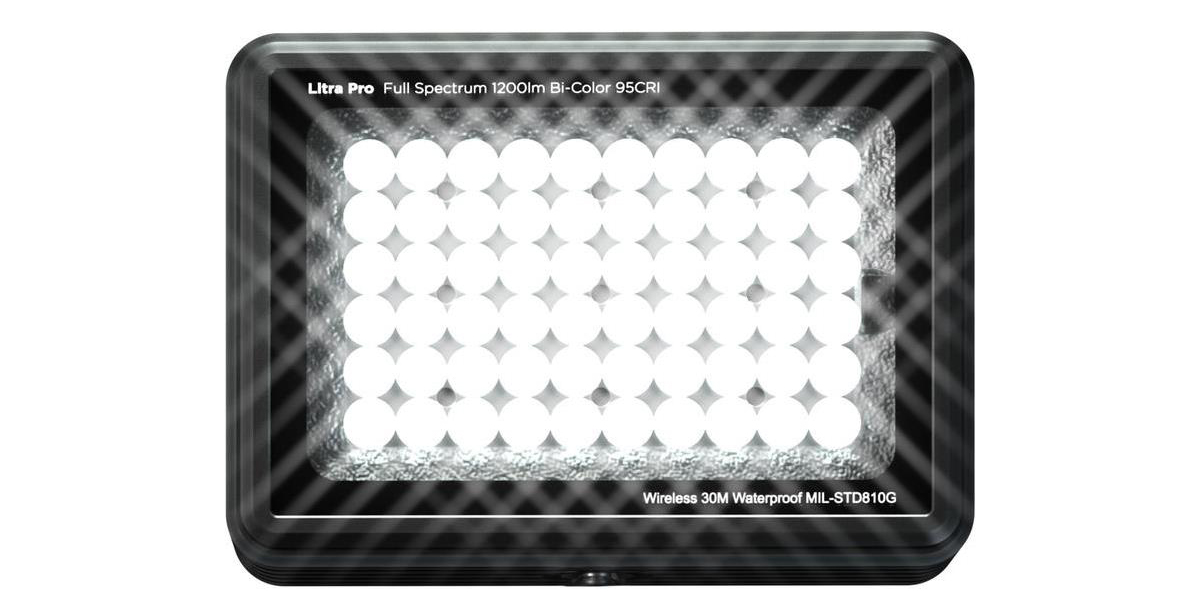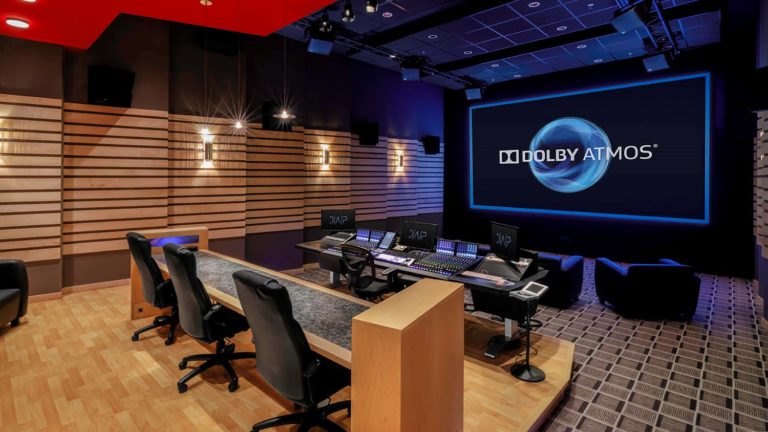The Evolving World of Library Music For Movie Trailers
Mike Zarin: Trailers are actually one of a few things we’re dealing with. It’s all film advertising, film marketing. You’ve got your posters, you’ve got your Happy Meals and whatnot. And then you’ve got your audio/video campaign – within that you’ve got your teaser, and your trailer, and your TV spots. It’s all vague – but if you’re dealing with a marketing executive at Sony, they’ll break it all down.
Have studio approaches to selling movies in trailers become more intense?
I don’t think it’s changed. Obviously, marketing plans change, depending on your movie. It’s well-known that the film industry has a decline going on in parallel with the music industry. Video games have been going up but [other] entertainment has been going down. It’s been written that studios are putting more money into marketing – as much, if not more, in marketing as in production. They’re pushing out more, but it’s just based on overall marketing dollars going up.
How has your approach to the market changed?
We were intermittent in our involvement until Full Tilt came out. It was designed specifically for this stuff. The demand lies in high-caliber, score-quality music. But the music needs to be flexible, where the editors can manipulate it at their will. They’ll take a five-second clip from one track and a 15-second one from another and then use sound-design elements to enhance the theme they’re trying to relay.
Is flexibility the most important characteristic?
It’s different from most regular library cues. There’s more emphasis on drawing out your emotions in a much shorter period of time. They might be using five seconds or 15 seconds out of a clip that’s a minute and a half. You have to pull out a lot of emotions in that short period of time.
Where do the composers get the inspiration to write this stuff?
Well, they watch film trailers. They study them. Marketing with any product is a formula. You know the demographic, and you’ve studied your target audience over the years, so you know how to market this product to them. The film advertising industry has figured out the type of music that drives it.
How often do different trailer editors use the same music clips?
Actually, that’s a major problem. People have serious issues with it. Five or 10 years ago, there were only a couple of companies that caught wind of the necessity of having original trailer music. There are a few big dogs who have had this [business] on lockdown for the past 10 years, and editors fall in love with their cues. “For this type of action movie, that’s the cue I want to use. That’s the only cue I can imagine.” And the producers are like, [sternly] “Can you please use another cue?”
So do you wind up doing custom work?
We did a custom score for Fearless, Jet Li’s latest movie. We did three custom scores for Get Rich or Die Tryin'. One of those ended up on Full Tilt Vol. 2, and that track was used for the Samuel L. Jackson movie, Freedomland. The vendors compete. We know for a fact that people are using the same tracks in different campaigns – but not all of them stick, because the vendors aren’t necessarily winning the spots.
Did you enjoy this article? Sign up to receive the StudioDaily Fix eletter containing the latest stories, including news, videos, interviews, reviews and more.










Leave a Reply